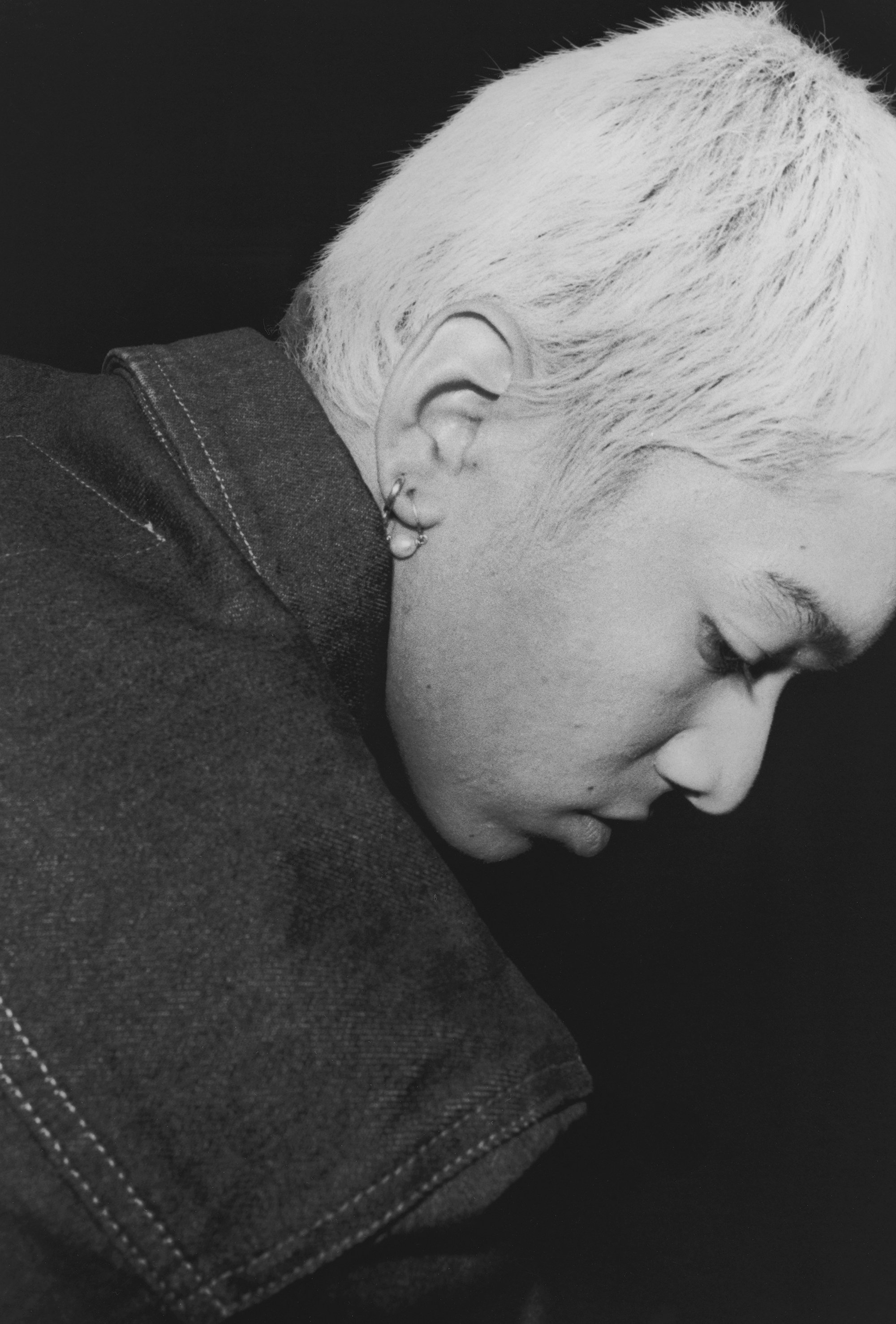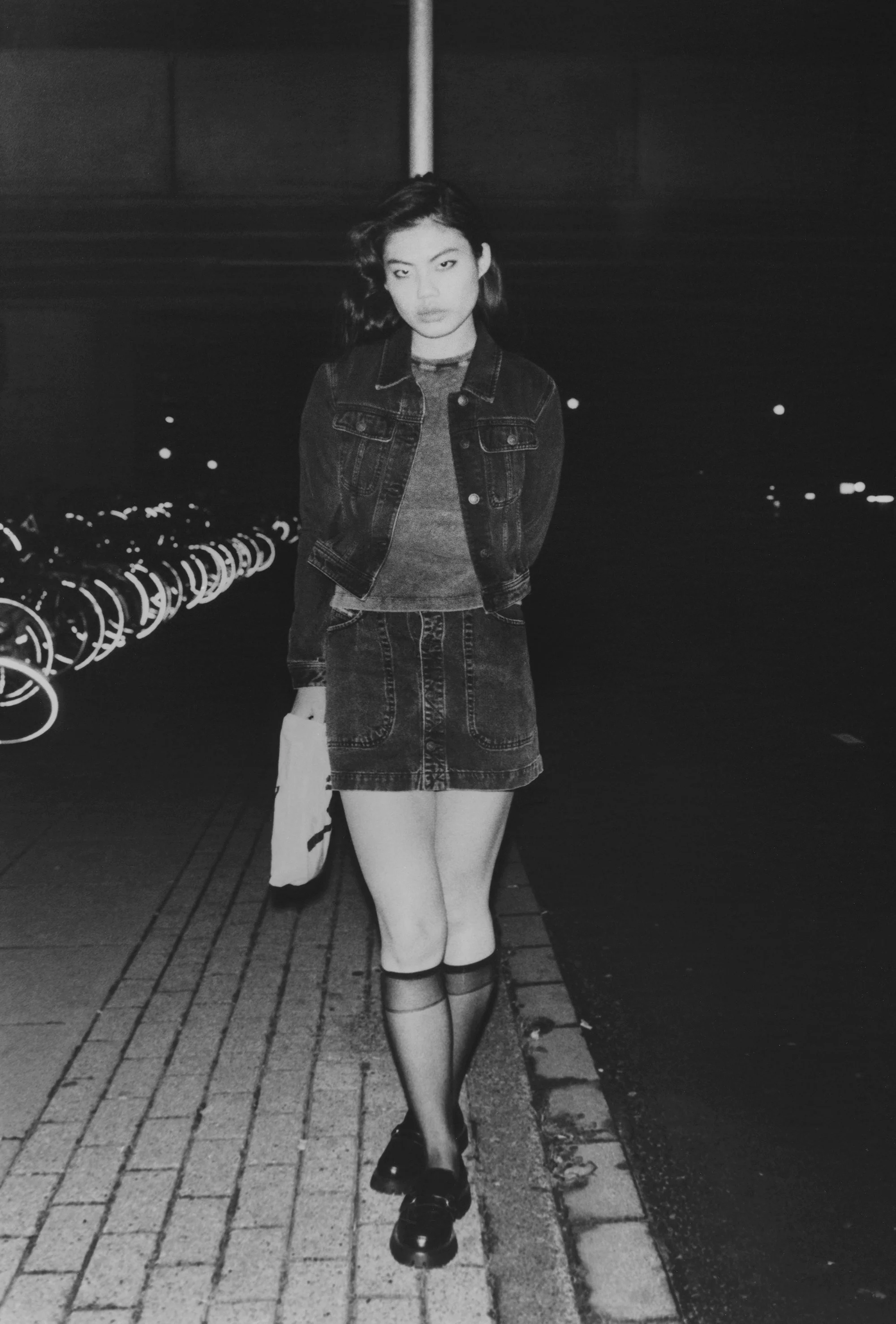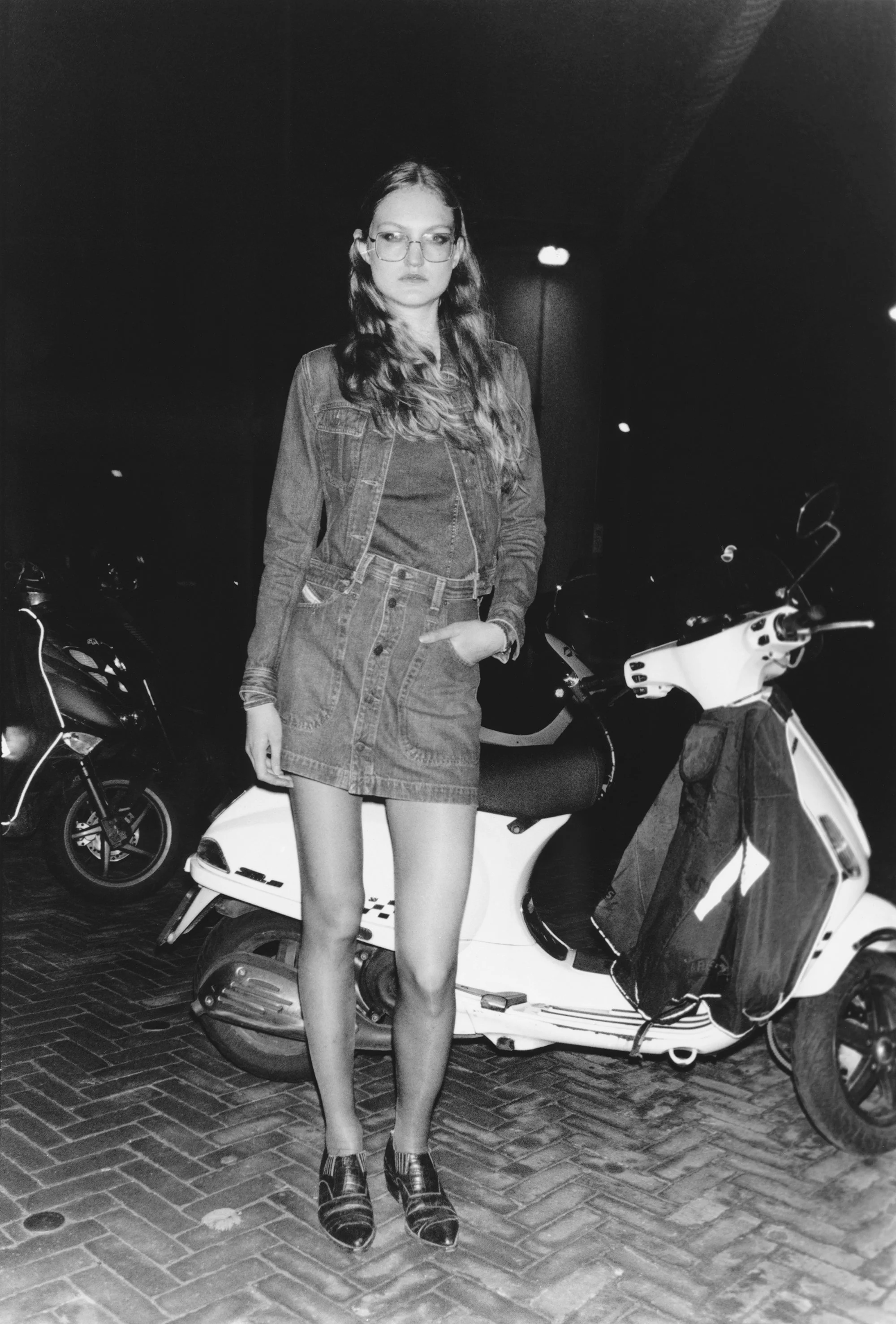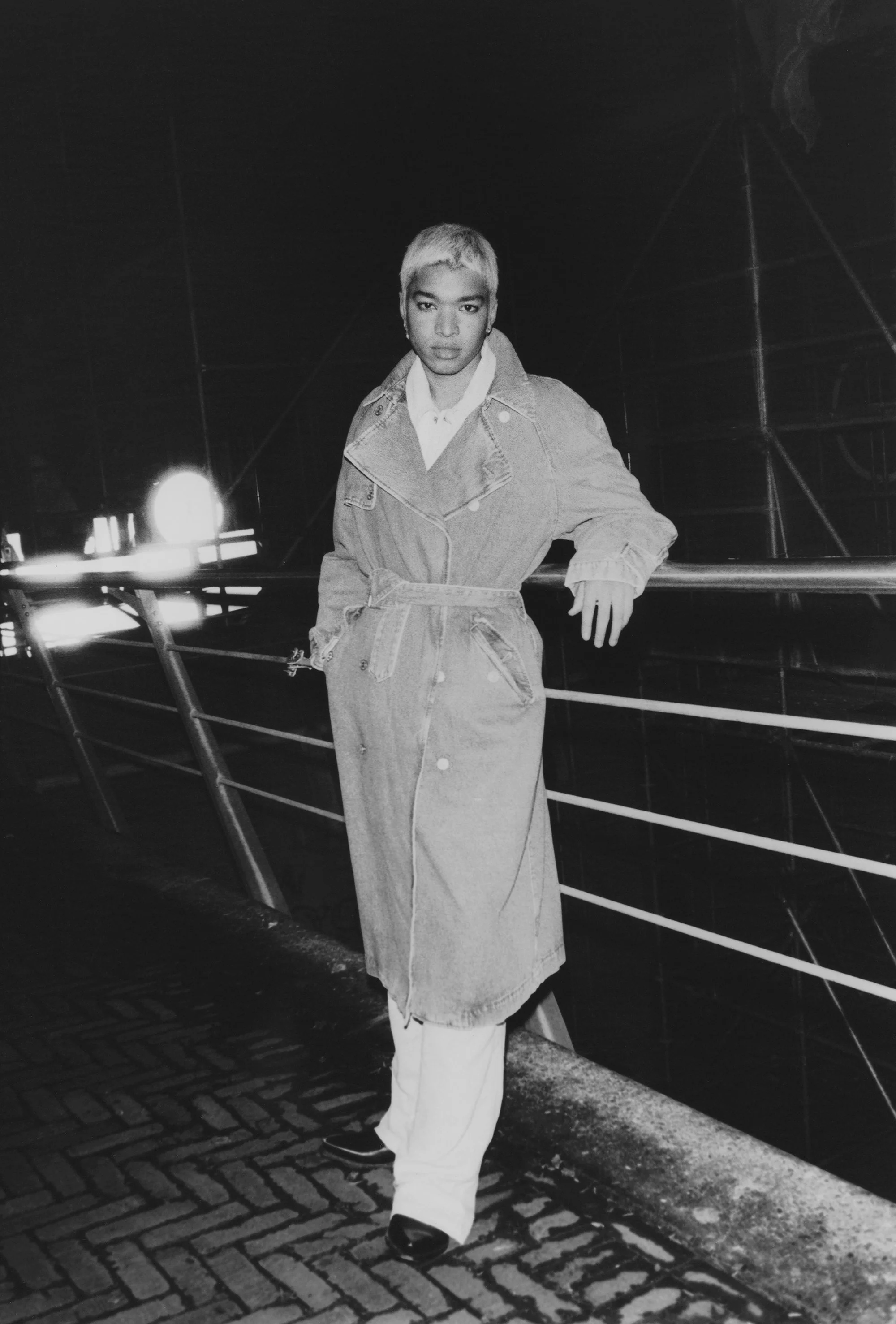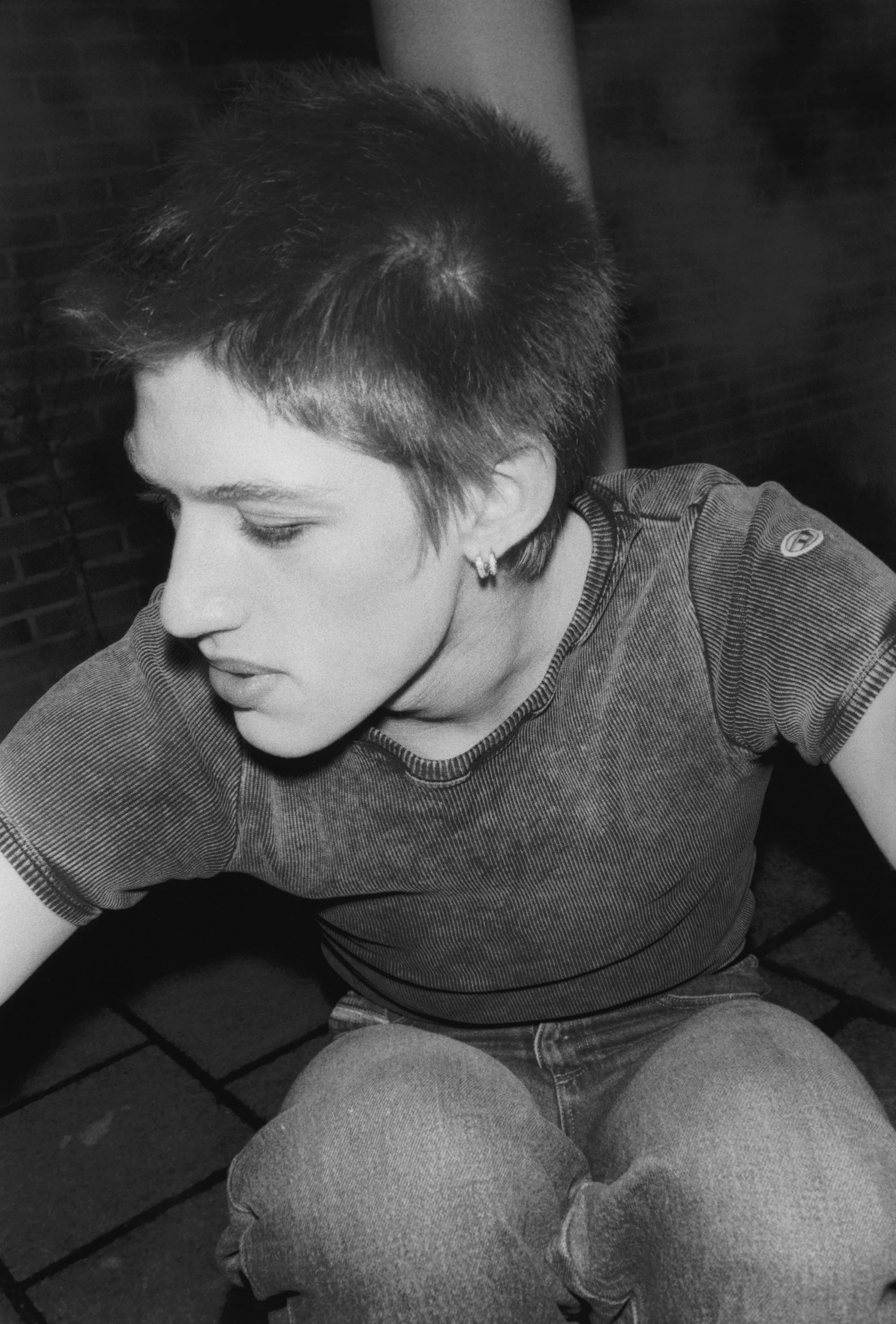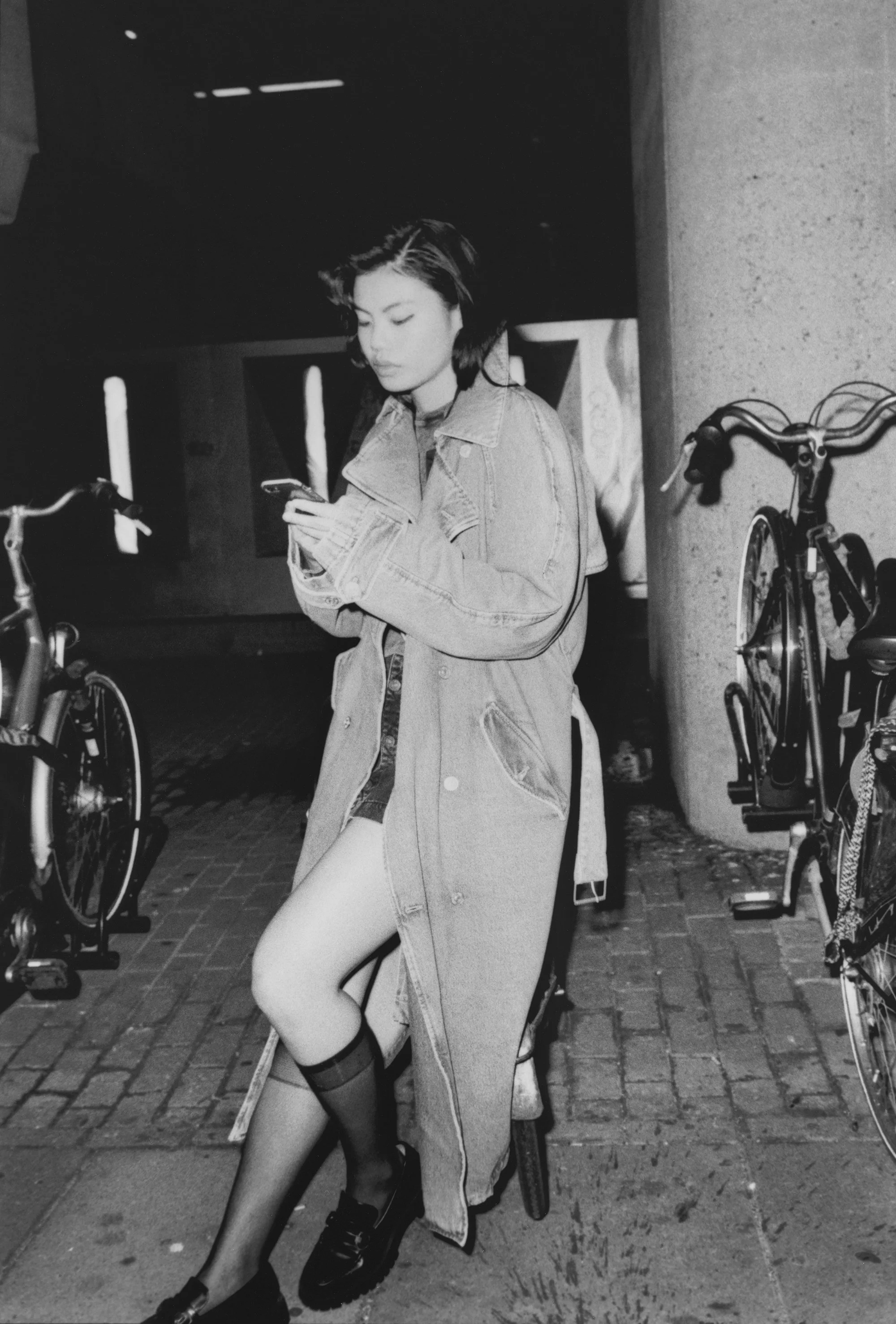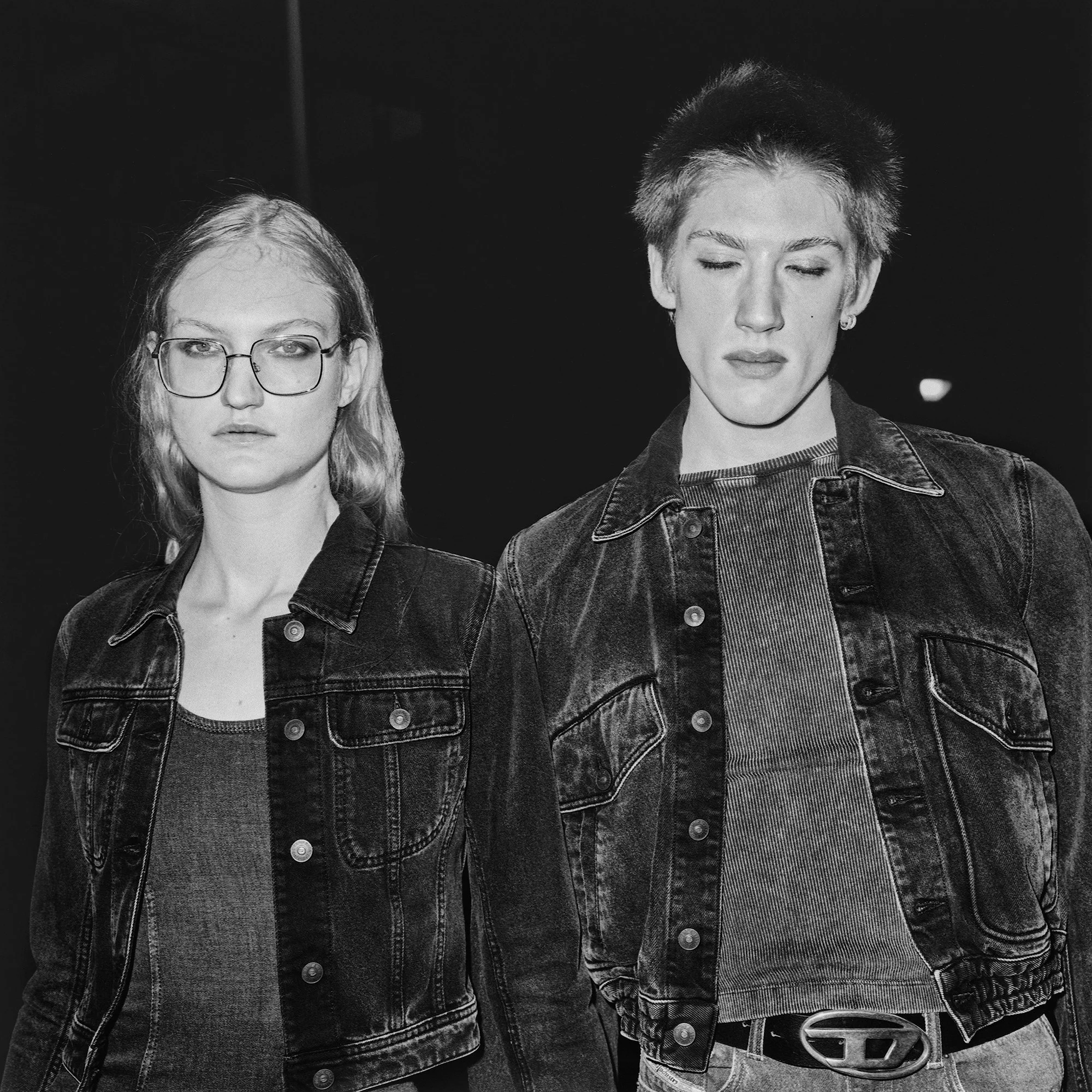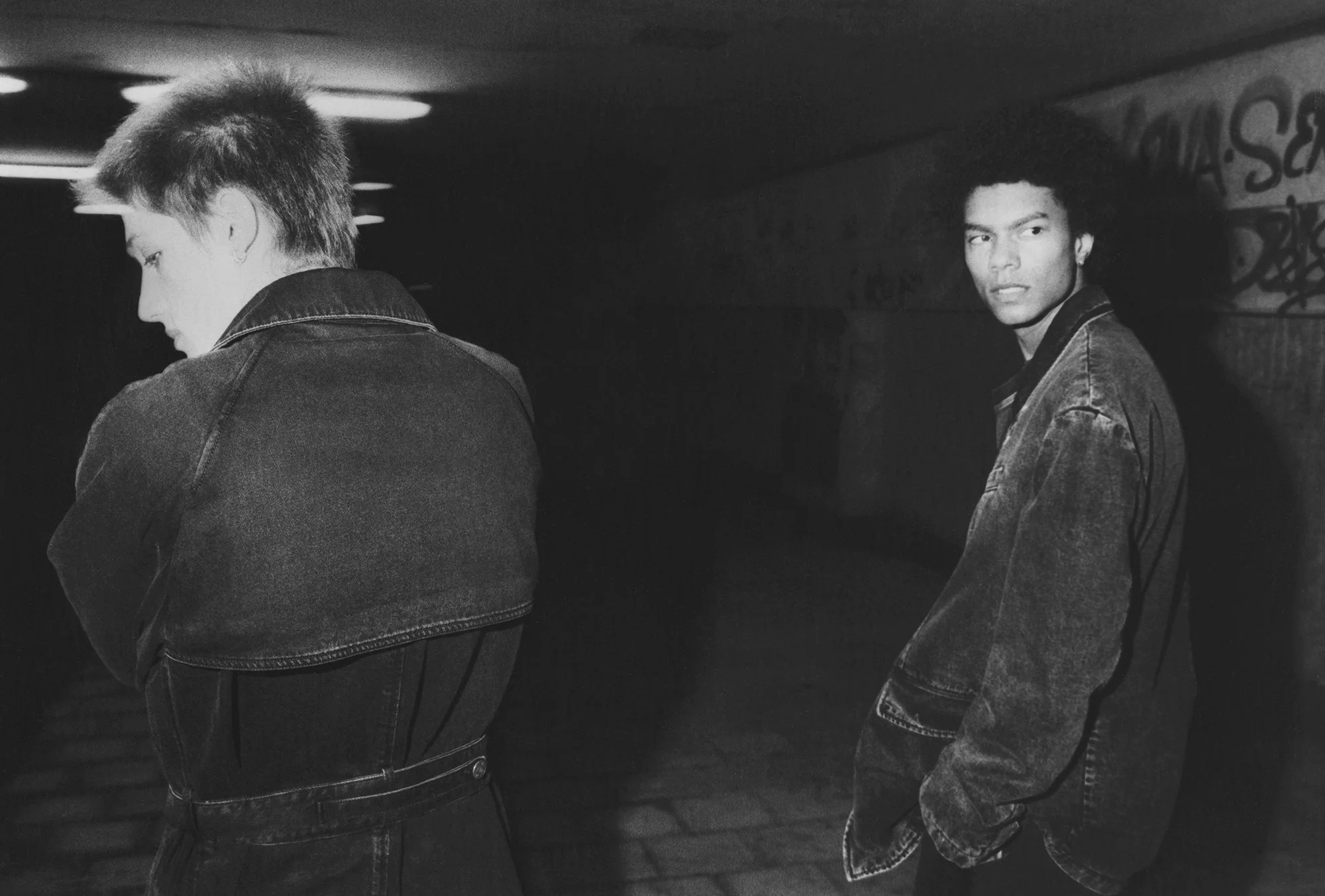Andrea Rosso — The DIESEL Library
The fashion universe has undergone a number of big changes in recent memory. Its modus operandi has shifted from a belief in rapid seasonal collection cycles, towards a period where it is now surprising if we do not hear about sustainability in a company press release. But what does this word mean in real-world terms? It has provided a pretence for greenwashing by a lot of big players in the industry and there are few innovative ideas on how to create transparency and claim responsibility for a company’s impact.
As denim has always been at the forefront of big change, it’s not a surprise that DIESEL is now taking matters into their own hands and presenting a project that works as the perfect statement for the future of the fashion business. With the launch of the “DIESEL Library” the company is taking a strong stance for the timelessness of their products with 50% of the overall denim collection having a permanent shelf life. All the items will be made using fibres, washes and treatments that have been selected based on efficient and sustainable resource use.
WHITELIES sat down with Andrea Rosso, ambassador for sustainability at DIESEL, to find out more about new approaches at the company, the topic of education and what luxury means nowadays.
Stefan Dotter: Exciting to see you again, it has been a long time! How have you been?
Andrea Rosso: Long time, long time. I’m currently in Bassano — getting ready to become a father. Times are changing, and that is very nice.
SD: You know nowadays WHITELIES is based between Tokyo and Berlin — so half of the team is in Tokyo, the other half is in Berlin. We are basically facilitating a visual and cultural exchange between East Asia and Europe. It’s right down your alley. Well, I’m happy we are finally getting together for something with DIESEL. We’ve been working a lot with the Ethical Fashion Initiative and other organisations bringing positive change to how supply chains are working in the industry. Speaking of positive developments — you are sustainability manager now at Diesel, correct?
AR: Not necessarily a manager, more like an ambassador. The manager is actually a lawyer working with sustainability at DIESEL, she is very good and particular about everything, like every lawyer. As you can imagine, in sustainability you have to be even more careful now about what you write because if you miss the right words you can be in big trouble. It’s a new chapter for me and it has been very rewarding.
SD: When was the first time the importance of sustainability surfaced for you? I remember when you started your brand, we talked about the up-cycling process and everything.
AR: So, basically the sensibility comes more from my own brand MYAR. I think I already grew up with a certain type of sensibility, especially on production. I collected vintage garments and used second hand all the time. I was never too much into new, hyped fashion. More the street vibe and the organic angle — I love nature — it was natural to fall into this sort of new world and new topic that everybody is talking about.
SD: Of course the word sustainability is present everywhere nowadays. We work a lot with sustainability as well and learned a lot about supply chains and how to be ethically responsible within these chains. So I am sort of wondering: what is the future of DIESEL going to look like and how do you try to bring about change?
AR: This is a good topic. In the sense of our supply chain, it’s highly dependent on the product of ours in question. Let’s start with our core business, which, is of course, denim. If our core business is 80% made of cotton then we are responsible for the water consumption and chemical use. Our aim is to have a very transparent supply chain. The problem is, when you have to produce in Asia you present a supplier with an item that you want to do, though to find out where the supplier gets the fabric, where they find the trims, where it gets it washed and printed — this process is much longer, especially in terms of where the materials are sourced. Our aim in the future is to investigate and to become more present in all the sub-processes of our suppliers. That is the big challenge we are taking on now.
Talking about denim, we just launched the DIESEL Library, where each garment has a sort of passport in form of a QR code, which will inform you on the specific amount of what treatments have been done, the amount of chemical processing within the fabric; the trims. We are following the ZECH protocol, which is a standard that all our washing sites need to sign to be part of the production — because all of the chemistry going into the environment needs to be controlled and not harmful to the environment. The protocol is very long to follow but through it we can make sure that our denim production is not harming the environment. For us it is a big deal because our core business is made out of treatments and if those treatments are clean, then we are on a good path.
SD: You know today our focus is the DIESEL Library, you just touched on the subject briefly. Can you explain to us what it actually is? A collection that is always available?
AR: It’s always available, made out of evergreens. There are all different types of washes in this collection. All of them have a ‘passport’, a QR code, that you can scan and it tells you exactly which type of processing and fabric has been used and which kind of certificate relates to the single items. It is important to us to be transparent, and we found this is an effective way to create transparency with our core business.
SD: How many pieces are in the library, how many pieces can we expect to be present in this permanent collection?
AR: I think it is around 100 pieces per wash. There are also jackets and shirting but I am thinking more in terms of the pants here.
SD: Andrea, I’m curious to hear your view on the future now that the desires of consumers and brands are gradually shifting away from very fast trend cycles and collections towards a more timeless approach — evergreens as you called them — that would ideally last a lifetime. Is the fashion business fundamentally changing?
AR: I think the sensibility of our clients needs to be considered. We know that this younger generation is more interested in knowing what is behind the product and the brand should be responsible for educating the clients on how to use their goods for a longer time. If the product is of a high quality, it will of course last longer. If the product is treated with respect, it will last even longer. From an educational point of view we need to spend our money the right way, which is not to be enhancing hype-driven impulse buying.
SD: This proposes that you as a brand have a responsibility for educating consumers about the product and what the quality is about. I think that is a crucial shift that will have a lot of relevance in future. We are coming out of an age where everyone felt they weren’t responsible for anything and fast growth could occur. But now we are suddenly confronted with the limitations of this model... Throughout history denim has been at the forefront of many socio-political revolutions — can it be on the forefront of a sustainable revolution as well?
AR: Denim is a very heavy type of construction and it lasts for a long time. It is also a very democratic material. It’s beautiful that you mention the educative part. It is very true that the story of denim stretches into the past. In the ‘60s and ‘70s companies were dumping chemical waste everywhere, in the fields, the rivers, the air, everywhere. There was likely so much of it in nature that we didn’t see the results of these actions and now we do. Now it is the time to wear a denim with a more responsible mind. Putting responsible action to our words.
SD: I have one more question for you Andrea. What does luxury mean to you?
AR: The luxury today is to have the depth of thought that we used to have. Time is a big luxury. Rapidity does not work. We know more, but our knowledge has much less substance to it. The faster you are, the less you know, even if you think you know much more. For me, the luxury of thinking in-depth is the biggest value.
Photographs by Mitchell O’Neil Styling by Ferdi Sibbel
Art Direction by Kevin Pfaff Hair & Make-up by Katinka Gernant
Models Siddharta @ Vein, Bodien & Nikita @ KNOWN Model Management
August @ Lis Rutten Agency & Xiaoyi @ Premium Models
Casting by Ikki Casting & L”Elue Collectif
Interview & Words by
Stefan Dotter
Production
WHITELIES STUDIO
All clothing by
THE DIESEL LIBRARY

